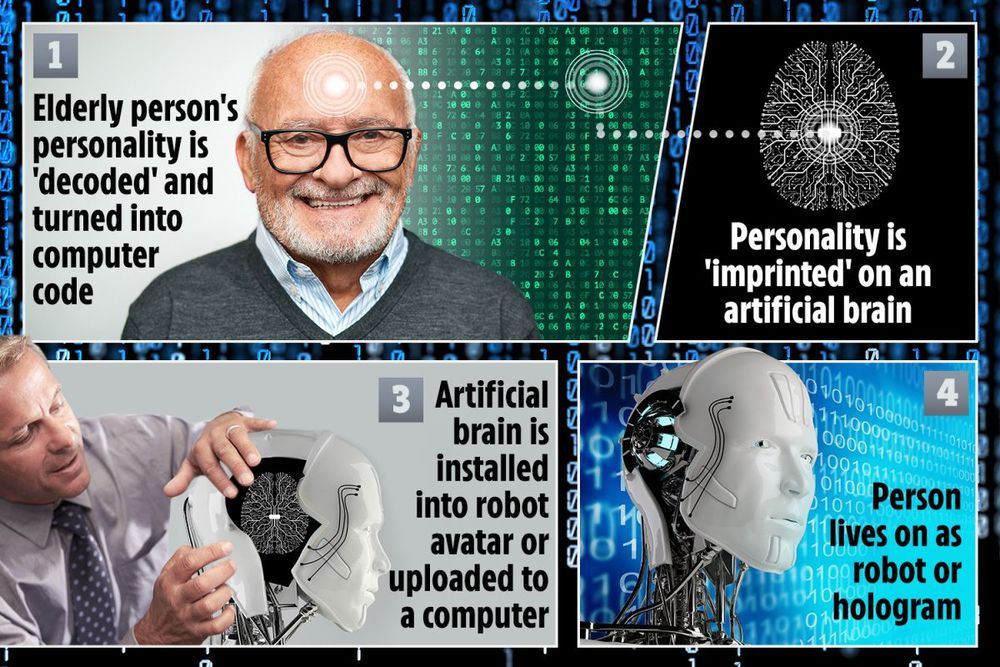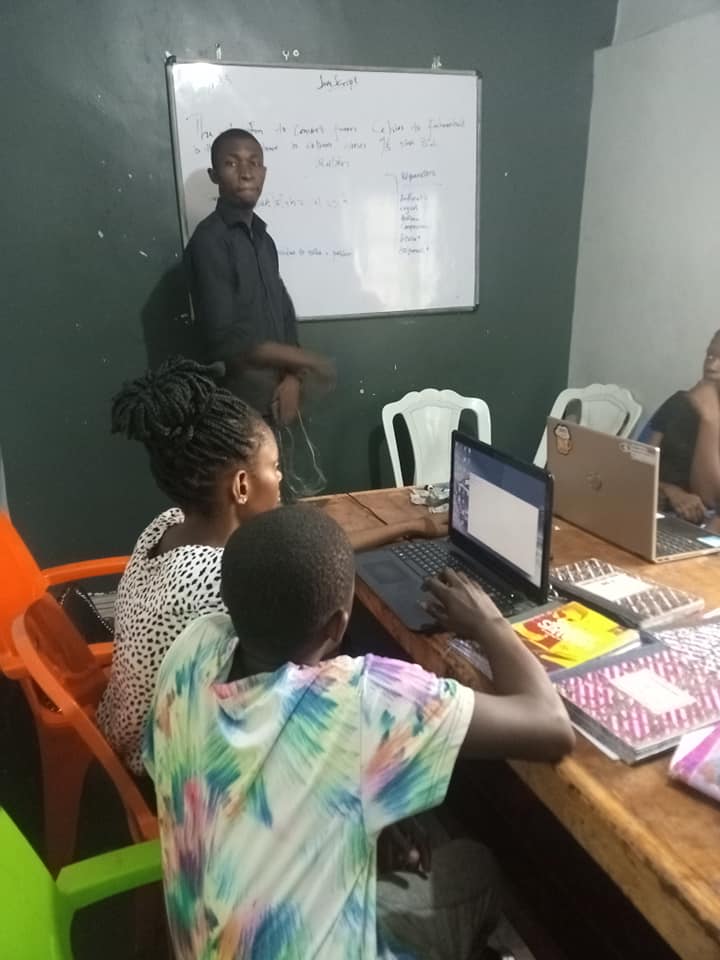And the revolution has already begun.
Today’s genetic moment is not the stuff of science fiction. It’s not Jules Verne’s fanciful 1865 prediction of a moon landing a century before it occurred. It’s more equivalent to President Kennedy’s 1962 announcement that America would send men to the moon within a decade. All of the science was in place when Kennedy gave his Houston speech. The realization was inevitable; only the timing was at issue. Neil Armstrong climbed down the Apollo 11 ladder seven years later.
We have all the tools we need to alter the genetic makeup of our species. The science is here. The realization is inevitable. Timing is the only variable.








